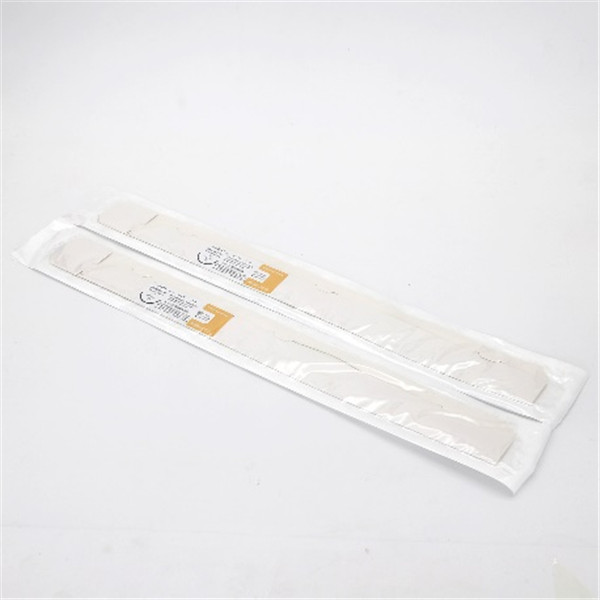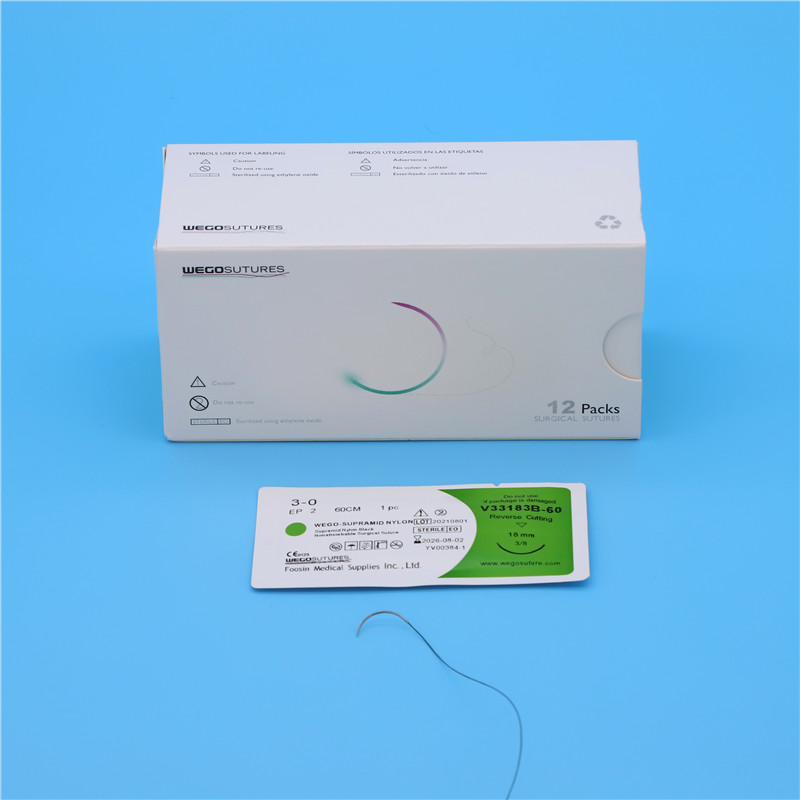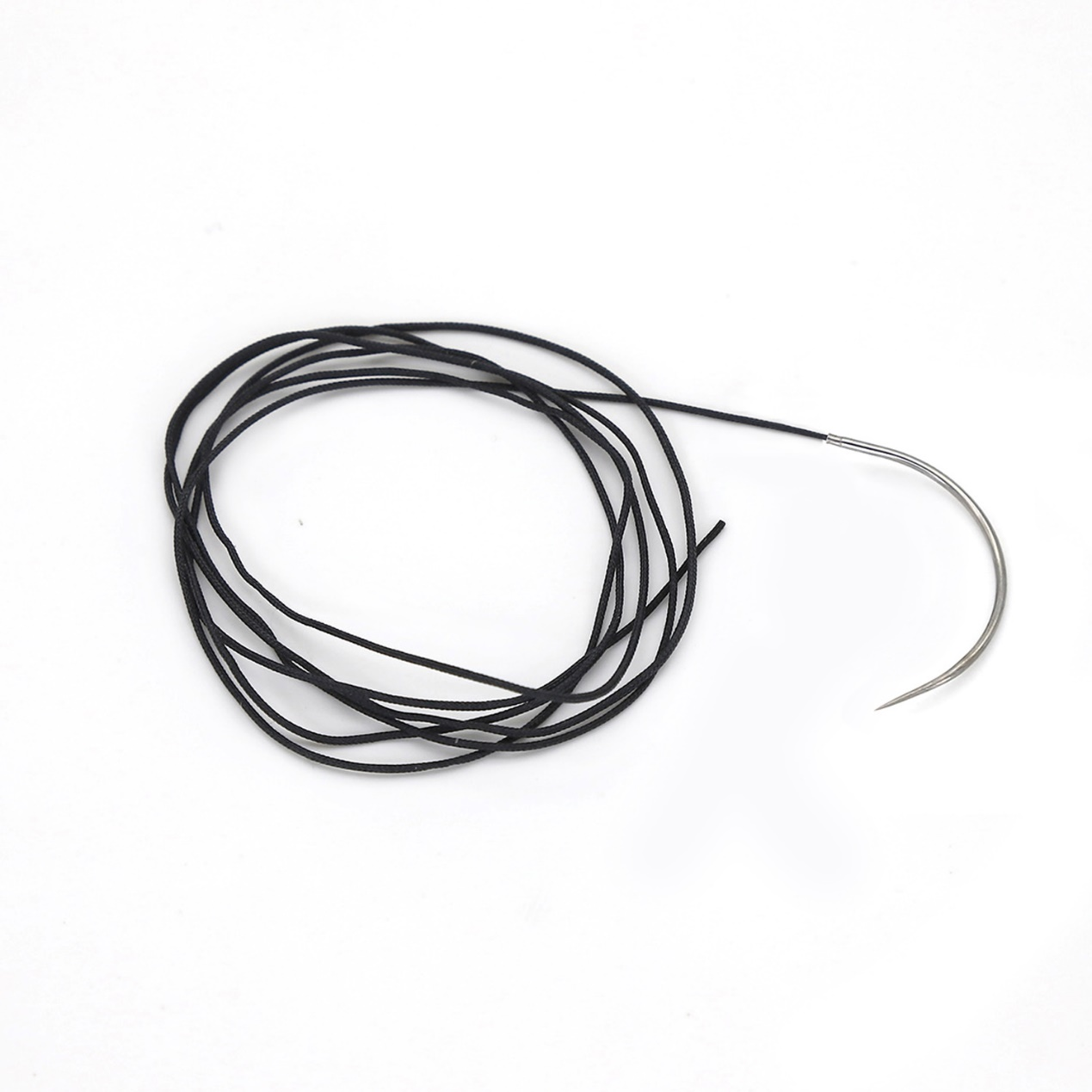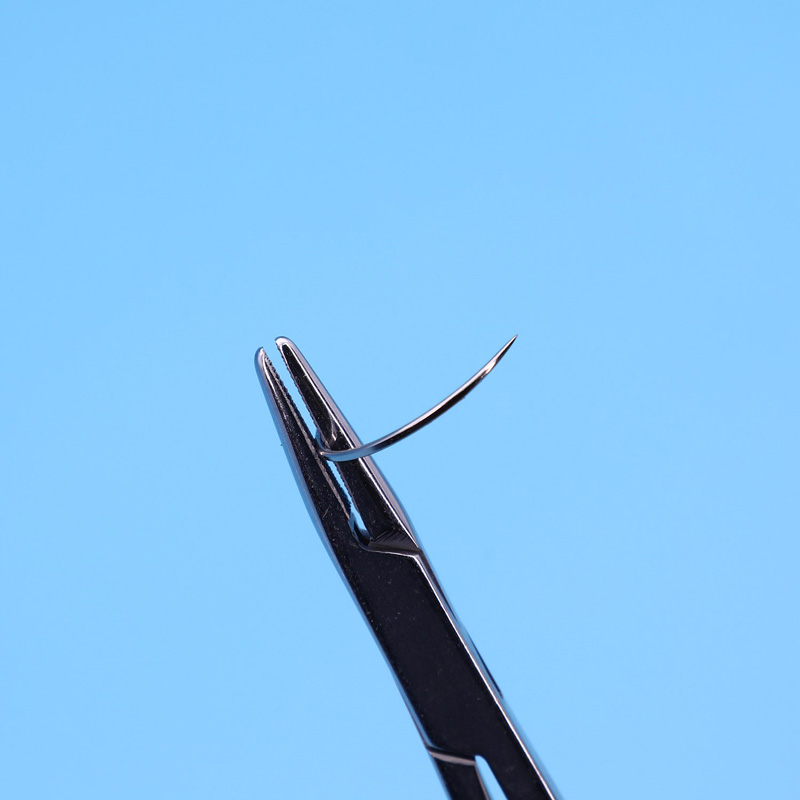WEGO N Type Foam Dressing
Mode of Action
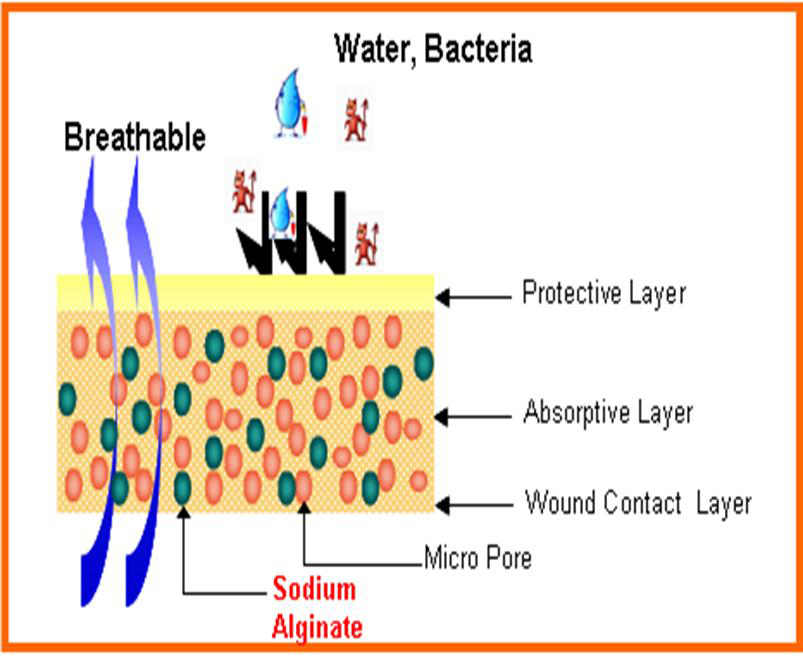
●Highly breathable film protective layer allows water vapor permeation while avoiding microorganism contamination.
●Double fluid absorption: excellent exudate absorption and gel formation of alginate.
●Moist wound environment promotes granulation and epithelialization.
●Pore size is small enough that granulation tissue can’t not grow into it.
●Gelation after alginate absorption and protect nerve endings
●The calcium content exerts hemostasis function
Features
●Moist foam with comfortable touch, helping maintain micro-environment for wound healing.
●Super small micro pores on wound contacting layer with gelling nature when contacting fluid to facilitate atraumatic removal.
●Contains sodium alginate for enhanced fluid retention and hemostatic property.
●Excellent wound exudate handling capability thanks to both good liquid absorption and water vapor permeability.
N type has a clear and identifiable protective layer, and it is easy to observe
the absorption of exudate in the absorption layer.
Glycerin:Soft, Strong plasticity,Excellent adhesion,Good adaptability
Absorption Layer:Vertical absorption capacity ensures optimal fluid balance to support moist wound healing.
Protective Layer:Waterproof,Breathability,Resistance to bacteria
Wound Contact layer:< 20 micron pores can prevent tissue growing inside.
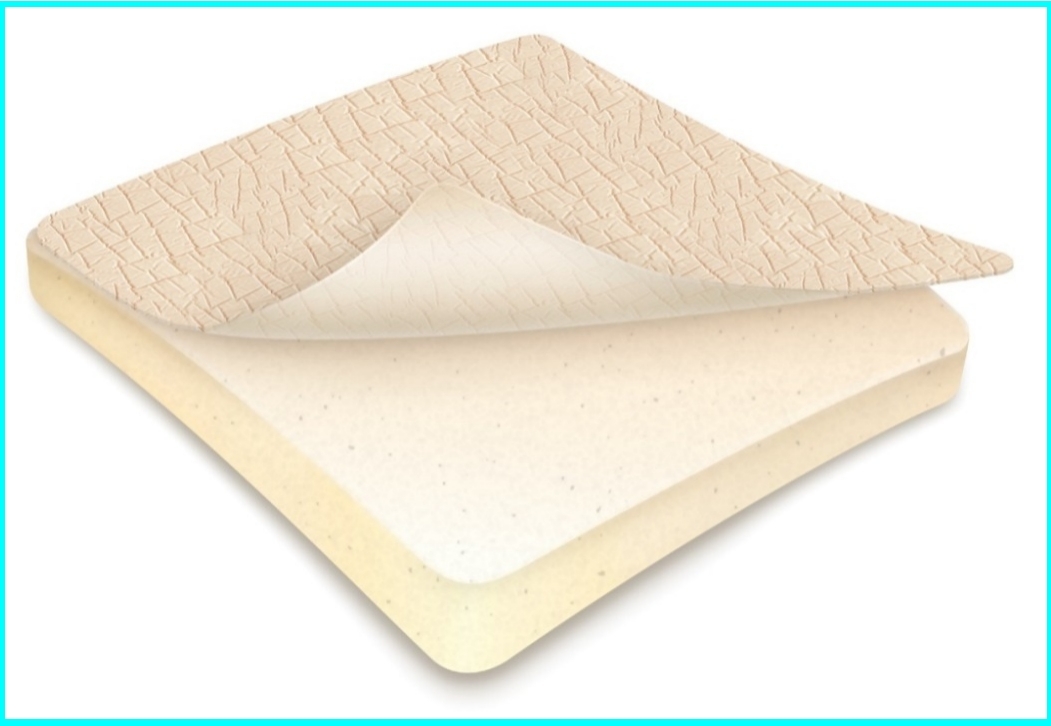
Indications
Protect wound
Provide moist wound environment
Pressure ulcers prevention
●Acute wound(incision site、 Shallow Ⅱ degree burns 、 skin graft site、donor site)
●Chronic exudative wounds(pressure ulcers、diabetic foot ulcers)

Case study
N type for donor site
Clinical Case: Donor Site
Patient:
Female, 45 years old, donor site on right leg, bleeding
and painful, moderate exudate.
Treatment:
1. Clean the wound and the surrounding skin.
2. Use N type foam in accordance with the size of wound.
Secure it with a bandage.
3. Exudate was absorbed. The alginate in the foam helped to
reduce the bleeding and the gel protected the wound and reduced the pain.
4. The foam dressing was used for 2-3 days until the replacement.
N type for chemical burns
Clinical Case: Chemical burns
Patient:
Male, 46 years old, 36 hours after chemical burns
Treatment:
1.Clean the wound
2.Remove collapsed blisters and fluid(picture2).
3.Use N type foam to absorb the severe exudate and maintain the moist environment for wound (picture3).
4. The granulation tissue on the wound grew well and smooth after 2 days(picture4)
5. The exudate decreased after 5 days(picture5).
6. Use Hydrocolloid dressing to promote epithelial crawling and accelerate wound healing(picture6)
Recommendation of common N Type Foam Dressing in clinical departments
●Burn department:
-Burn and scald: N Type 20*20、 35*50
-Donor site,skin graft area and skin flap transplantation: N Type 10*10、 20*20
●Department of orthopedics:
-Surgical incision of infection nonunion:
In the case of sever infection, it is recommended to recommend the Type N with the boundless foam.
●General surgery(including hepatobiliary surgery,vascular surgery,breast surgery) urology:
-Surgical incision of infection nonunion:
In the case of sever infection, it is recommended to recommend the Type N with the boundless foam.




